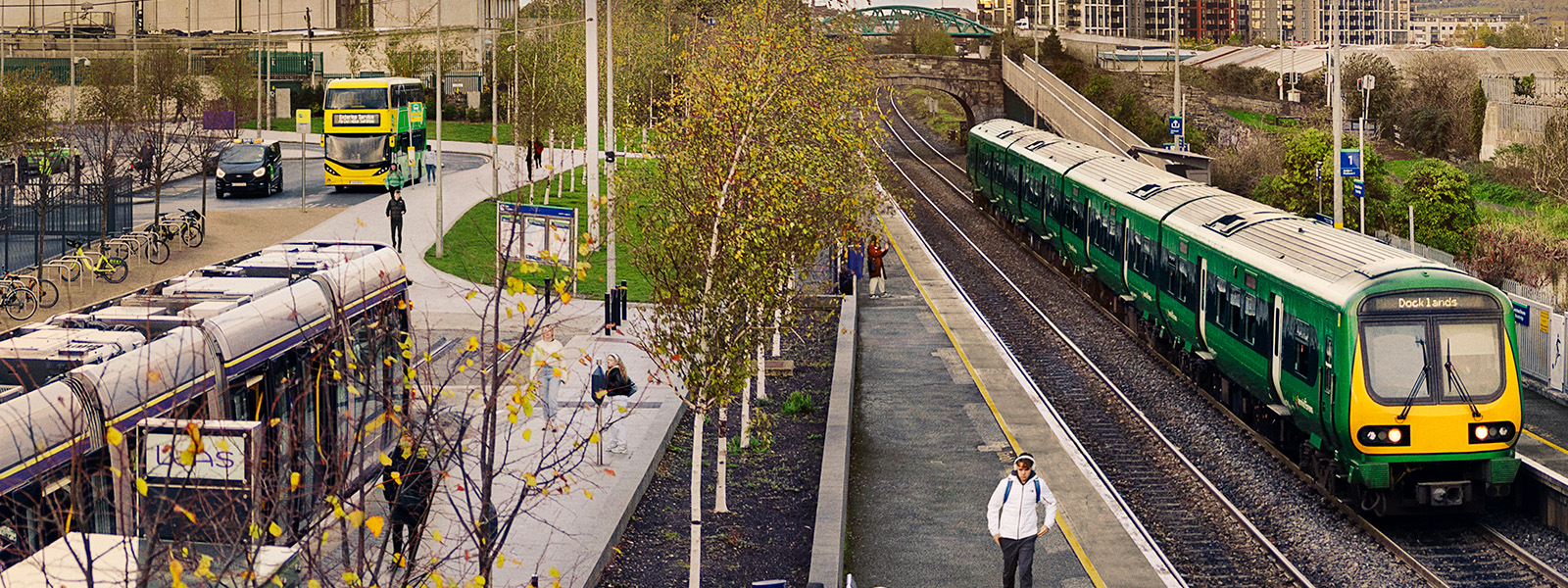Today he National Transport Authority announced six new Local Link Community Car schemes in counties Cork, Kerry, Longford, Offaly and Mayo. The schemes provide grant aid for a programme for up to 15 community transport service projects over a 12-month period, with the key aim of providing a community transport service that is accessible to all service users and that addresses rural social exclusion.
The grant aid, of up to €6,000 per project, is to fund activities directly associated with providing a community transport service. To date, six community car schemes in five counties have been approved and will become operational nationally.
The selection of projects for funding was made via a closed call for applications, managed by the National Transport Authority (NTA) through its network of 15 Local Link offices nationwide (one grant-aided project per Local Link area), with the closing date for receipt of applications Friday Nov 22nd 2019.
Local Link provides a nationwide bus service in rural areas around Ireland with a significant focus on providing accessible transport options for passengers. This project represents continued investment in rural transport generally by the state.
Margaret Malone, Rural Transport Programme Manager, said:
“Being able to get out and about is a vital way to stay part of the local community, and having access to local amenities can make a real difference to a person living in an isolated or rural area.”
Anne Graham, Chief Executive Officer of the NTA, said:
“Providing a decent public transport options for people in rural areas is a critical element of what the NTA is about.
Local Link is already a great success story and has become a permanent part of Ireland’s public transport system.
The Government’s Ireland 2040 plan makes a commitment to the future funding of Local Link, which means that the programme will not only survive, but will thrive and develop at the heart of rural communities in the years to come.”
